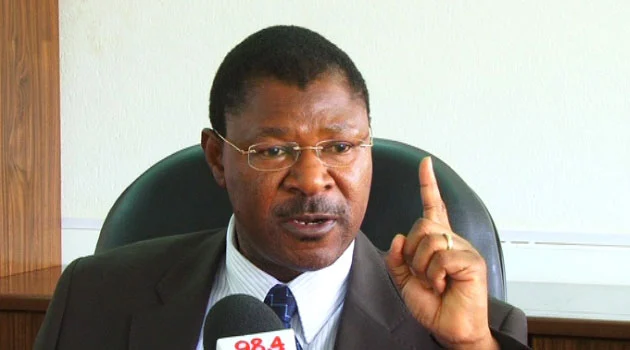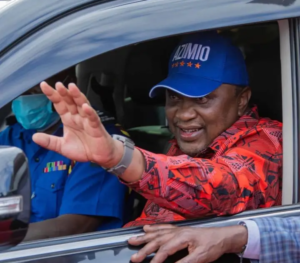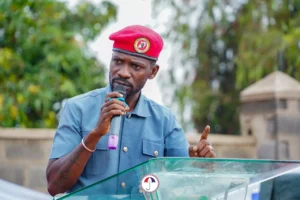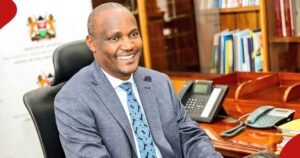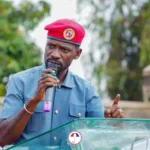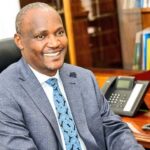Members of Parliament have halted the implementation of the education reforms by the Presidential working party. Moses Wetangula, the National Assembly Speaker, said that it was unlawful for education reforms to be implemented without them passing through Parliament.
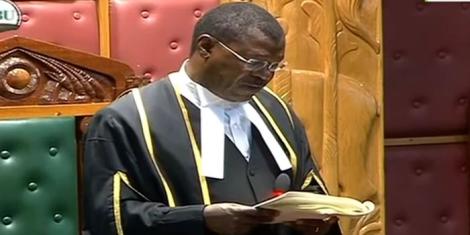
He further mentioned that the recommendations ought to be debated in Parliament before they are implemented. The work of MPs according to him is to legislate and so the implementations are heavily dependent on the voting by MPs.
“I repeat nobody; no minister of government can purport to make law or do things that appear to be in the sic that they have made law because they have no capacity to make any law,” he mentioned.
The Emuhaya MP, Omboko Milemba brought the matter before Parliament. He stated that the education reform recommendations had started causing rifts between the education sector and other unions involved. This rift is mainly between the Ministry of Education and the Teachers Service Commission (TSC).
Omboko Milemba is also the Kenya Union of Post-Primary Education Teachers (KUPPET) chairman. Among his submissions in Parliament was that the reforms recommended should not be implemented until they are presented before the MPs and debated on.
“The recommendations that the Ministry of Education reveals the grades for pre-service teachers jeopardize TSC’s mandate as provided under Article 237 (3) of the Constitution,” he stated in relation to the reforms proposed.
Among other recommendations presented by the working Party is that the Ministry recruit staff for special needs in institutions. Furthermore, they recommend that the Ministry establish a comprehensive school system. This system will have all levels of learning managed as one institution which is contrary to the Constitution.
Support from other MPs
The MP stated that the recommendations go directly against the TSC’s mandate and are also against the current constitution.
Other MPs supported the statement by Milemba to present recommendations in Parliament before implementation. According to them, the education reforms should be presented as a Bill since part of the suggestions would directly alter what the constitution currently states.
“The recommendations by the working party remain recommendations until they are reduced into a bill and brought to this House or it is reduced into a regulation which is brought to this House and is committed to a committee,” said Ainabkoi MP, Samuel Chepkonga.
Subscribe to Switch TV
The National Assembly Majority Leader, Kimani Ichung’wah shared his views with the Parliament. He stated that he would consult the Education Ministry and report back to Parliament.
Ichung’wah mentioned that no one apart from the Parliament has the power to make law. He stated that not even the cabinet secretaries or the presidential working party had the capacity to implement recommendations without their approval by Parliament.
“The best they can do is make recommendations which, if adopted, hose that touches on statutes, then it must begin from this House,” he added.
Read Also: Education Reforms Face Uncertainty after TSC Rebukes the PWPER


